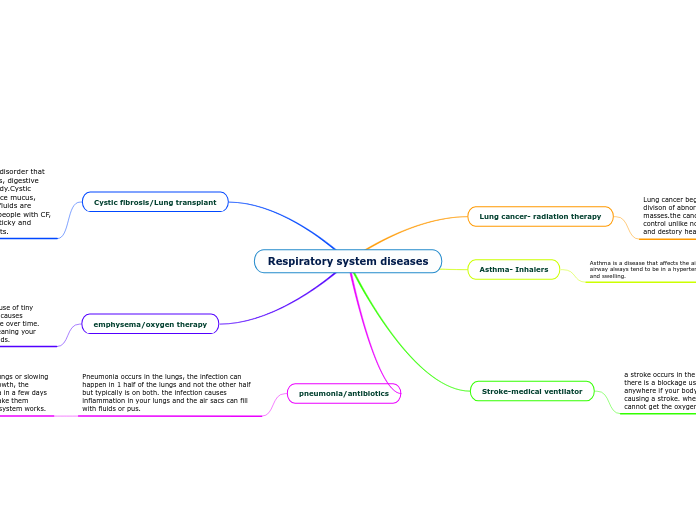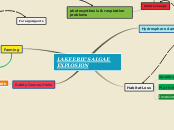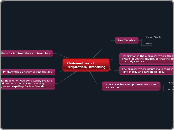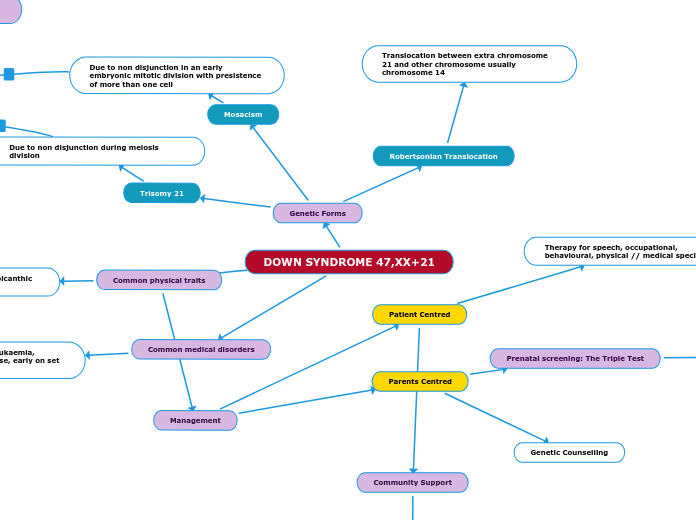von rachel macqueen Vor 4 Jahren
531
Respiratory system diseases
Lung cancer is characterized by the uncontrolled division of abnormal cells within the lungs, forming masses that destroy healthy tissue. Radiation therapy employs high-powered energy beams to target and kill these cancer cells, often used in conjunction with surgery or to alleviate symptoms in advanced stages.









